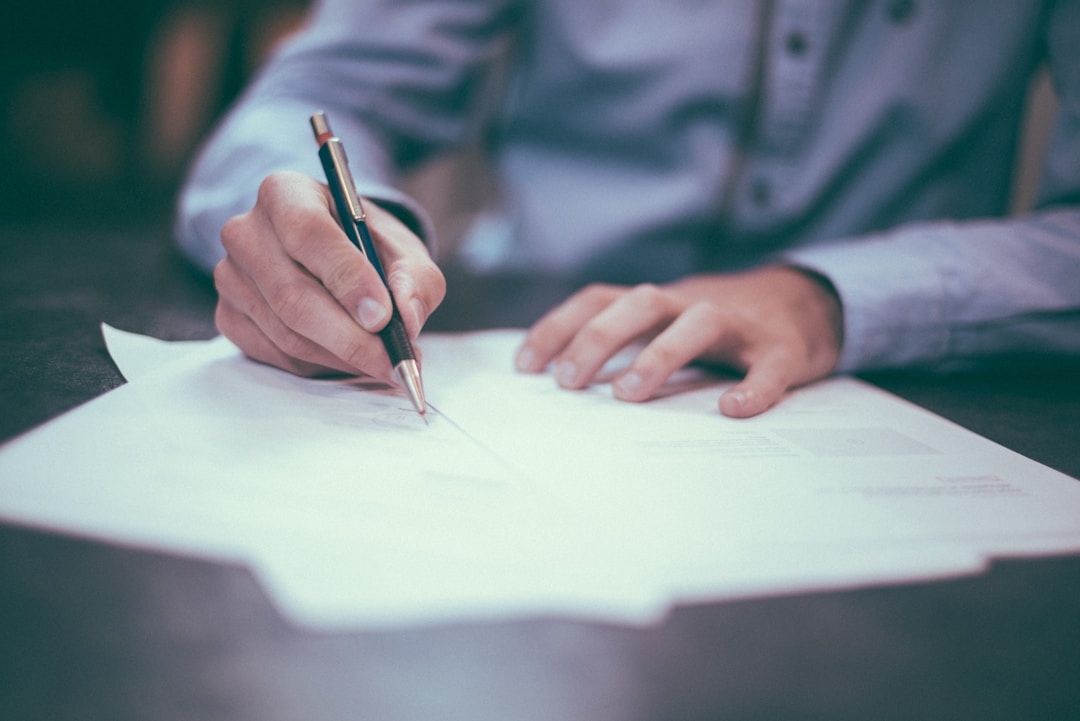Car accidents can happen unexpectedly and have devastating consequences. One minute you’re going about your business and the next, you’re dealing with injuries, medical bills, and loss of wages. These aspects can be overwhelming and figuring out how to get compensation for damages can be confusing. Below, we will guide you through the process of filing a personal injury claim after a car accident.
Professional Assistance: Hiring a Personal Injury Lawyer
Filing a personal injury claim can be a daunting process, especially when dealing with insurance companies. Working with a competent personal injury lawyer can make this process seamless and increase your chances of getting the compensation you deserve. Personal injury lawyers understand the ins and outs of the law and can effectively navigate the claim process. They can collect essential evidence, negotiate with insurance companies, and even represent you in court if necessary.
When dealing with complicated matters such as these, you need a dedicated and experienced legal counsel on your side. A Chicago car accident lawyer, for instance, can offer extensive expertise in addressing car accident claims and work diligently for your interests. Picking a lawyer should be done carefully, considering their experience, reputation, and whether they specialize in car accident cases. This professional assistance can prove invaluable in fighting for your rights and securing the compensation that you deserve.
Importance of Immediate Medical Attention After a Car Accident

Following a car accident, it is imperative to seek immediate medical attention, even if you don’t feel injured at the moment. Certain injuries, including those related to mental health, may not be immediately apparent. Immediate medical attention does not only protect your health but can also aid in your personal injury claim. It provides concrete evidence of the injuries resulting from the accident, making it easier to establish a link between the accident and your injuries.
Medical documentation can serve as evidence in your personal injury claim. It contains detailed records of the injuries sustained, treatments administered, and their direct connection to the accident. This can strongly support your case when demanding compensation. Remember to follow your healthcare provider’s advice regarding rest, medications, follow-up appointments, or rehabilitation. Noncompliance can jeopardize your health and potentially harm your personal injury claim, as it may appear that your injuries are not as severe as you claim.
Gathering Documents For Your Personal Injury Claim
In preparing for a personal injury claim, you need to collect as much evidence as possible. This includes pictures or videos of the accident scene, witness statements, and your own account of the incident. The goal is to paint a clear picture of how the accident occurred, who was at fault, and how it led to your injuries.
In addition to evidence at the scene, gather all relevant documentation, such as medical records, receipts for out-of-pocket expenses, documentation of lost wages, and any communication with the other party or their insurance. This can serve as concrete evidence of your financial losses stemming from the accident. Organize these documents and keep them safe. They can all contribute to building a strong case that supports your claim and can aid in determining a fair compensation value.
Filing Your Claim: Step by Step Process

Each state might have its claim filing process, but generally, the first step is to inform the at-fault party’s insurance company about the accident. This should be done as soon as possible after the accident, as delays can lead to the rejection of your claim. Once the claim is filed, a claims adjuster investigates the claim. It’s important to cooperate with the claims adjuster but avoid accepting any blame or agreeing to any settlements without your lawyer’s guidance.
Your lawyer will present a demand letter to the insurance company, detailing the extent of your injuries, how they affect your life, and your claim’s value. The insurance company will likely make a counteroffer, and negotiations will commence. If negotiations result in a settlement, you’ll receive your compensation. However, if a satisfactory agreement can’t be reached, you may need to file a lawsuit and have your case decided in court. Just be sure to file your claim right away, as it may be subject to a statute of limitations.
As you can see in this article, while dealing with the aftermath of a car accident can be overwhelming, understanding the process of filing a personal injury claim can help guide you through this challenging period. It’s crucial to get immediate medical attention, gather necessary evidence, and seek the assistance of a professional personal injury lawyer to navigate the path to fair compensation.




